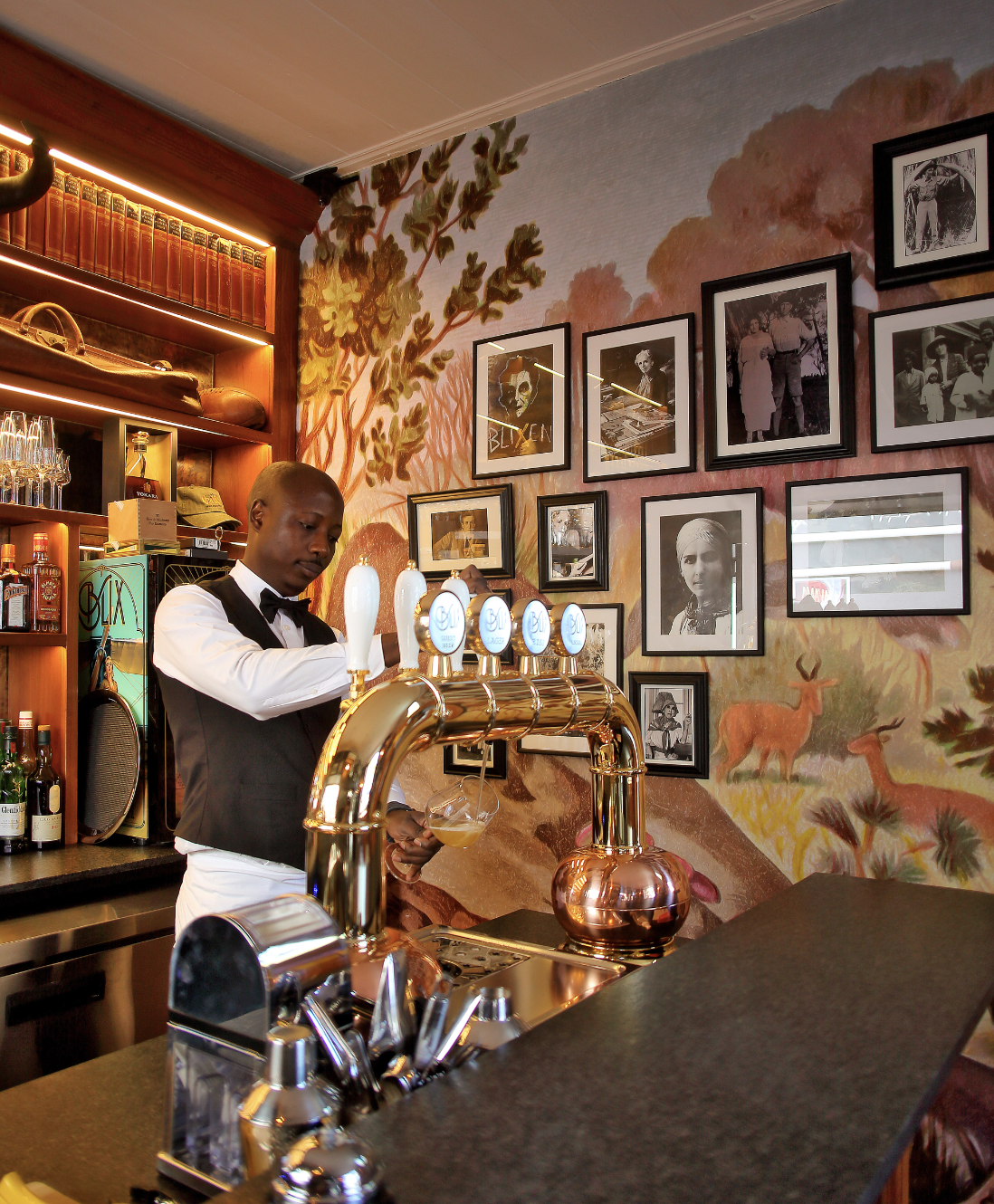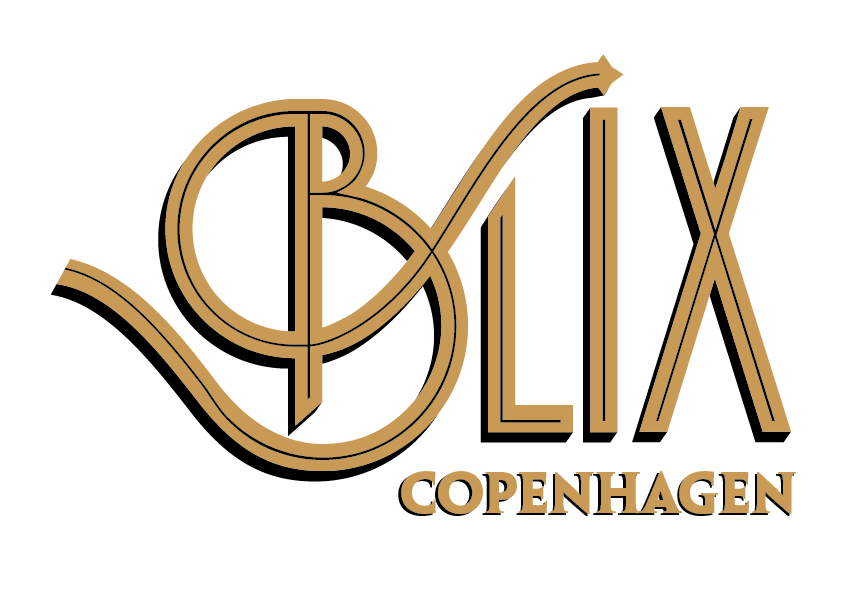
LEGAL CONSIDERATION
As Blix Tavern prepares to launch in Copenhagen, compliance with local laws and regulations is a critical part of ensuring smooth operations and mitigating legal risks. This section outlines the necessary licenses and permits required for operating a bar in Denmark, as well as the health and safety regulations that must be adhered to. These legal considerations will ensure Blix Tavern operates within the bounds of the law and provides a safe, compliant environment for customers and staff.
1. Necessary Licenses and Permits for Bar Operations
To legally operate a bar in Copenhagen, Blix Tavern will need to secure a range of licenses and permits. These licenses ensure that the business complies with Danish regulations concerning alcohol service, food safety, and general business operations.
Alcohol License (Ølbevilling)
Description: In Denmark, any establishment that serves alcohol, whether beer, wine, or spirits, requires an alcohol license (Ølbevilling). The license is issued by the local municipality and is crucial for the legal sale of alcoholic beverages.
Requirements:
The applicant must have a responsible and competent individual in charge of alcohol service. This person is typically the bar manager or general manager.
The application process involves demonstrating that the business will operate responsibly and comply with the legal age restrictions for alcohol consumption.
The establishment must show it is capable of maintaining proper control over alcohol sales and consumption, including preventing underage drinking.
Duration: Typically valid for one year, renewable annually.
Restaurant and Bar Business License (Drikkevarebevilling)
Description: A restaurant and bar business license is necessary to operate an establishment that serves both food and beverages. It allows for the legal sale of non-alcoholic drinks as well as alcoholic beverages.
Requirements:
In order to obtain this license, the premises must meet health and safety standards and must not be in violation of zoning laws.
The applicant must provide information about the operation and management of the business, including staff training in alcohol service and food hygiene.
Duration: Generally granted for up to three years, after which it needs to be renewed.
Tobacco License (Tobaksbevilling)
Description: If Blix Tavern intends to sell cigars or other tobacco products, a tobacco license is required. This is necessary for any business that intends to sell or distribute tobacco products.
Requirements:
The business must adhere to Denmark’s strict tobacco advertising and smoking regulations.
Staff will need to be educated on the regulations surrounding tobacco sales, including proper age verification procedures.
Duration: Usually valid for one year, with the possibility of renewal.
Music and Performance Licenses (Musikbevilling)
Description: If Blix Tavern plans to have live music, DJs, or play recorded music in the venue, a music performance license is required.
Requirements:
The license is issued by KODA (the Danish music rights organization) to ensure that artists and copyright holders are compensated for the use of their work.
This is applicable whether the music is played live or as a part of recorded entertainment.
Duration: Typically annual, with fees based on the type of music played and the size of the venue.
Health and Safety Permits
Description: The tavern must meet Danish health and safety regulations, including hygiene and safety standards, before opening its doors to the public.
Requirements:
The establishment must pass inspections by the Municipal Health Authority (Fødevarestyrelsen) for food safety and hygiene compliance.
Fire safety inspections will also be required to ensure that the venue meets the fire code, including safe exits, fire extinguishers, and emergency procedures.
Any cooking facilities, bar areas, or storage must adhere to strict sanitation guidelines.
Zoning and Building Permits
Description: The business must comply with zoning regulations, ensuring that the location is legally designated for commercial use as a bar or restaurant.
Requirements:
If the premises require significant renovation, planning permission from the municipality must be obtained. This may include approvals for alterations to the building’s structure, signage, and overall design.
The tavern must meet any specific local zoning requirements that govern alcohol-serving establishments in that area, including noise restrictions and permitted hours of operation.
Employment Contracts and Work Permits
Description: Blix Tavern must ensure compliance with labor laws in Denmark, particularly in relation to hiring staff, paying wages, and providing benefits.
Requirements:
Contracts must be drawn up for all employees, outlining terms of employment, pay, working hours, and benefits.
For foreign staff, work permits must be secured in accordance with Danish immigration laws.
The tavern must comply with Denmark's Employment Act and adhere to collective bargaining agreements if applicable, especially regarding wage standards and working conditions.
2. Compliance with Health and Safety Regulations
Health and safety compliance is essential for ensuring that Blix Tavern provides a safe environment for both employees and customers. In Denmark, health and safety regulations for hospitality businesses are stringent, and adherence to these regulations is closely monitored.
Food Safety and Hygiene (Fødevarestyrelsen)
Food Safety Regulations: If Blix Tavern serves food, it must comply with the Danish Food Safety Act (Fødevarestyrelsen), which covers food handling, preparation, and storage.
Staff must be trained in food safety, including the safe handling of food, the prevention of cross-contamination, and hygiene best practices.
Regular inspections will be carried out by the municipal health department to ensure that food safety standards are maintained. Non-compliance could result in fines, closure, or other penalties.
Waste Management: Proper waste disposal, including food waste and recyclable materials, must be organized and managed according to environmental regulations.
Alcohol Service Compliance
Age Restrictions: Denmark enforces strict age restrictions for alcohol consumption. The legal drinking age is 18 for beer and wine, and 20 for spirits. Blix Tavern must ensure that no alcohol is served to individuals under the legal age, and staff must verify the ages of customers who appear to be underage by requesting valid identification (ID).
Responsible Alcohol Service: Blix Tavern must implement policies for responsible alcohol service to prevent over-consumption and underage drinking. This includes:
Staff Training: All staff who serve alcohol must be trained in responsible alcohol service. This may include recognizing signs of intoxication and knowing when to cut off service.
ID Verification: Bar staff will be required to ask for identification from anyone who appears under the age of 30.
Fire Safety and Emergency Procedures
Fire Inspections: Blix Tavern must comply with Danish fire safety regulations. This includes ensuring that the building has sufficient fire exits, smoke detectors, fire extinguishers, and clear emergency evacuation procedures. The venue will undergo fire safety inspections, and any necessary upgrades or fixes must be made.
Emergency Plans: The tavern must have a well-documented emergency response plan that includes fire, medical emergencies, and evacuation procedures. Staff will be trained to handle emergencies and assist customers in the event of a crisis.
Workplace Health and Safety (Arbejdstilsynet)
Employee Safety: Blix Tavern must ensure that the workplace is free from hazards that could harm employees. This includes maintaining safe working conditions in the kitchen, bar, and customer areas.
Risk Assessments: The business must carry out regular risk assessments and take appropriate action to address any identified hazards, such as slippery floors, equipment malfunctions, or workplace injuries.
Noise and Public Nuisance Regulations
Noise Control: If Blix Tavern plans to play music, hold events, or host live performances, it must comply with noise regulations enforced by local authorities. Excessive noise that disturbs the surrounding area, especially late at night, can lead to complaints and possible sanctions.
The tavern should implement measures to control noise levels, such as soundproofing or limiting the volume at certain hours.
Operating Hours Compliance: Copenhagen has regulations regarding the hours of operation for bars and nightclubs. These hours may be restricted based on zoning regulations or the nature of the venue (e.g., proximity to residential areas). Blix Tavern must ensure that it complies with local curfew regulations, which typically restrict late-night alcohol service.
Conclusion
Blix Tavern’s success in Copenhagen will depend on its ability to navigate legal and regulatory requirements effectively. Securing the necessary licenses and permits, and adhering to health and safety regulations, is essential for operating legally and maintaining a positive reputation in the community. By obtaining the appropriate alcohol, tobacco, food, and performance licenses, and ensuring strict compliance with workplace and health safety standards, Blix Tavern will establish itself as a responsible and reputable business in Copenhagen. Careful attention to these legal considerations will ensure that the tavern is able to operate smoothly and avoid potential fines or closures.

